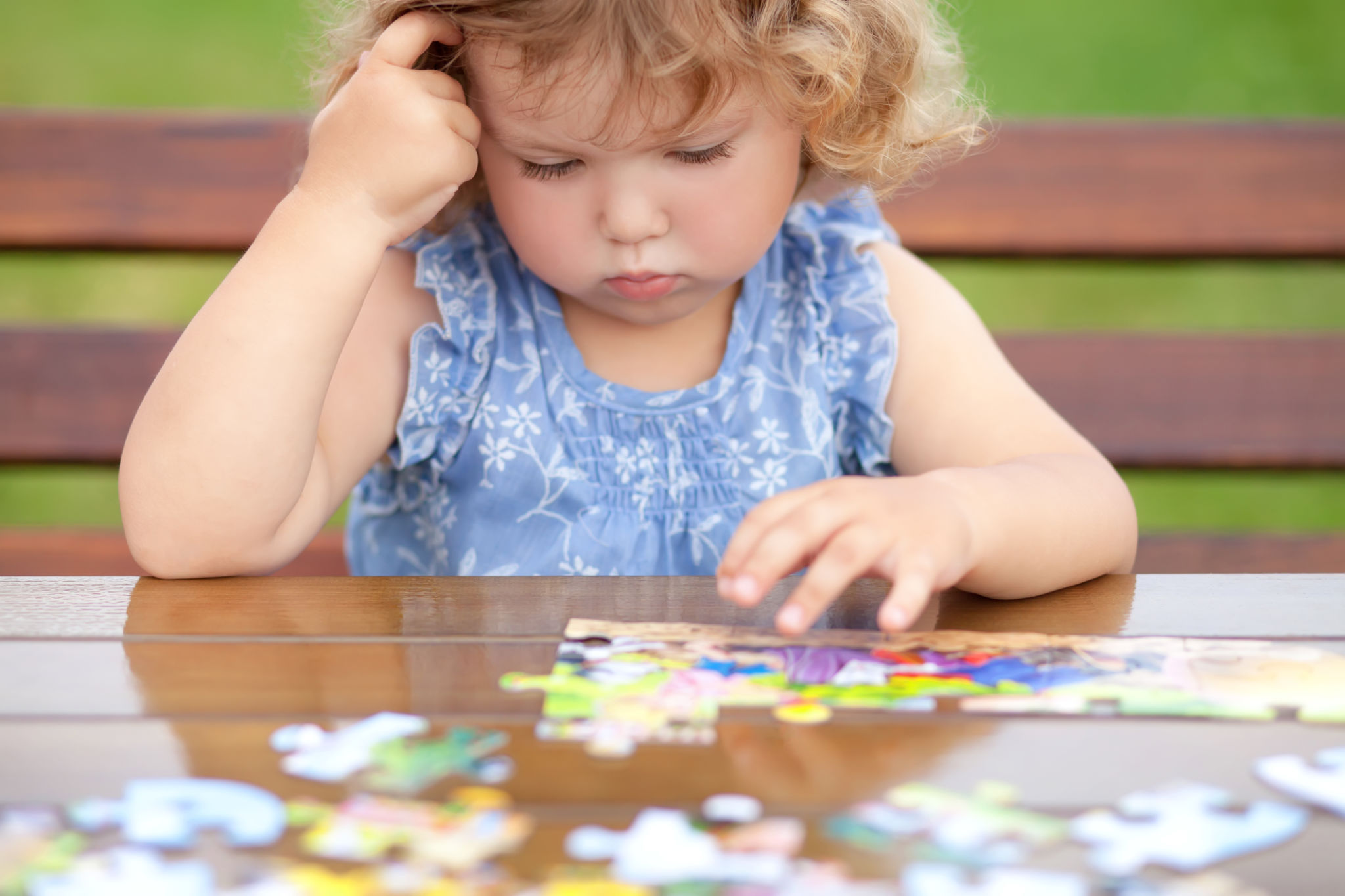A Guide to Choosing the Right Puzzle for Your Child's Age
Understanding Age-Appropriate Puzzles
Choosing the right puzzle for your child's age can significantly enhance their learning experience. Puzzles are not just entertaining; they play a crucial role in developing a child's cognitive and motor skills. Each age group benefits from different types of puzzles, which cater to their developmental needs.
For infants and toddlers, consider puzzles with large, easy-to-hold pieces. These puzzles often feature bright colors and simple shapes that help develop basic hand-eye coordination and recognition skills. As children grow, they are able to handle more complex puzzles that challenge their problem-solving abilities and fine motor skills.

Puzzles for Ages 1-3
During the ages of 1 to 3, children are exploring their environment and learning through touch and sight. At this stage, it's best to choose puzzles that have large, chunky pieces which are easy to grasp. Puzzles featuring familiar objects or animals can also boost vocabulary and recognition skills.
Consider the following types of puzzles for this age group:
- Knobbed puzzles: These have large handles that make it easier for little hands to maneuver.
- Shape sorters: These help children learn shapes and improve their hand-eye coordination.

Puzzles for Ages 4-6
As children enter preschool, they are ready for more challenging puzzles that encourage problem-solving and critical thinking. At this stage, puzzles with smaller pieces and more complex images become appropriate. These puzzles help in refining motor skills and enhancing concentration.
Some great options include:
- Jigsaw puzzles: With 12 to 24 pieces, these are perfect for preschoolers beginning to understand how pieces fit together.
- Alphabet and number puzzles: These can aid in early literacy and numeracy development.

Puzzles for Ages 7 and Up
For children aged 7 and older, puzzles can become even more intricate, offering a blend of fun and education. At this age, children can handle puzzles with smaller pieces and more detailed images, which require higher levels of concentration and patience.
Puzzle types to consider include:
- 100-piece jigsaw puzzles: These provide a moderate challenge while still being manageable.
- 3D puzzles: These offer a new dimension of problem-solving and spatial awareness.
- Puzzle games: Brain teasers like Sudoku or logic puzzles can also be introduced.

The Benefits of Puzzles
Puzzles are more than just a pastime; they are an essential educational tool that aids in the cognitive development of children. They encourage problem-solving skills, improve fine motor abilities, and foster patience and persistence. Additionally, working on puzzles can be a wonderful bonding activity for families.
By choosing the right puzzle for your child's age, you can help them develop important skills while keeping them entertained and engaged. Always remember to consider your child's interests and abilities when selecting a puzzle, ensuring it's both challenging and enjoyable.
